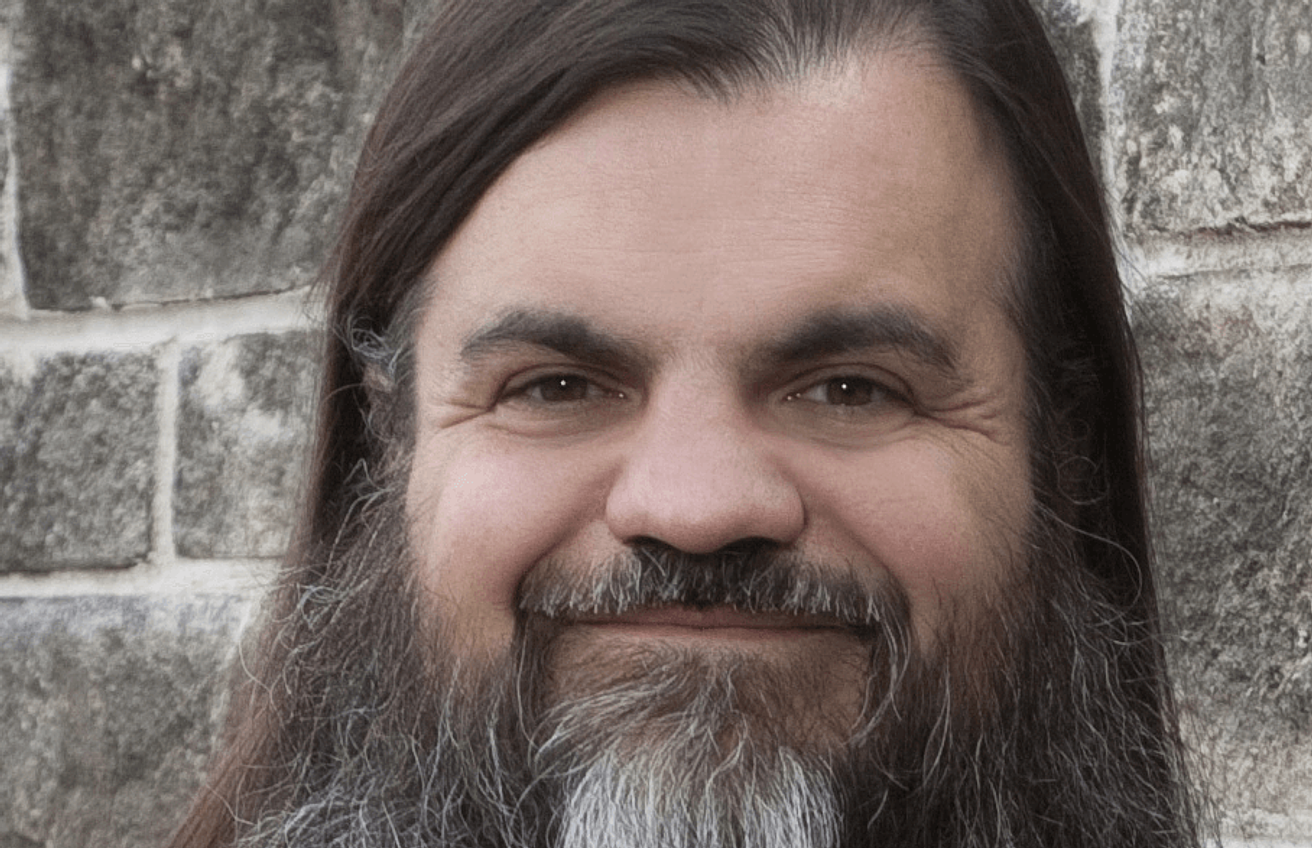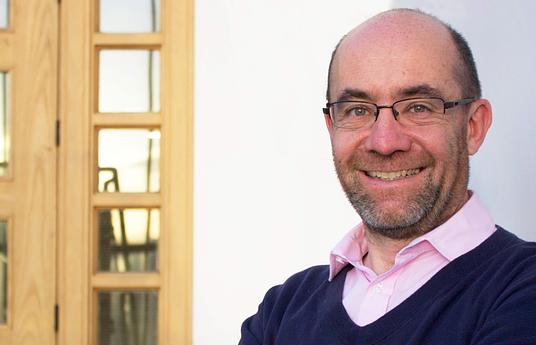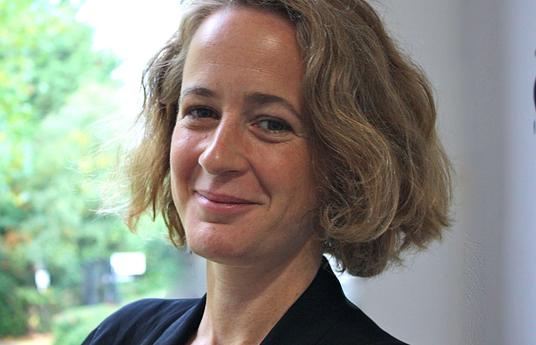Bryan Alexander
Bryan Alexander is a futurist, researcher, writer, speaker, consultant, and teacher working in the field of how technology transforms education.
Skills
Do you feel the way we are educating children fully prepares them for the needs of the 21st century?
I don’t think so. A lot of our teaching and learning is stuck in the twentieth century model. We are still trying to figure out what a twenty-first century model could look like.
It doesn’t help that so many forces are changing our expectations - labour markets are changing, the economy is changing, demographics are changing and that’s forcing us to rethink our curriculum and pedagogy. So no, I don’t believe we are there yet.
What skills do students need to be learning?
One skill set is overall pedagogical skills. We are not doing a good job at teaching those. Definitely kids need to be exposed to computational thinking as early as possible and all associated technological skills: thinking about privacy and intellectual property, what it means to be human online - that’s one whole set.
The second is the ‘soft’ social skills. We have more or less progressed forward enough that students are taught how to work in groups, but often are taught only how to work in face to face groups arbitrarily. Generally speaking they are not very well supported in learning how to work in distributed teams.
Beyond that, they are not learning a lot of skills that are surfacing in the twenty-first century that aren’t necessarily technologically related. For example, emotional intelligence is something schools are having a really hard time teaching.
Broadly speaking, most schools are still far too interested in teaching obedience and rule following, and are not interested enough in getting rid of authority and giving as much autonomy and responsibility to students as possible.
Teachers
What should the role of the teacher should be developing into?
The cliché is that we want to move teachers from being the ‘sage on stage’ to being ‘the guide on the side,’ and I think there’s a lot to that, to thinking about teaching as coaching. We also need to think of teachers as inhabitants of the digital world, and we really haven’t supported this.
We often force teachers into using clumsy technology that keeps people offline or away from the larger internet. There is a lot of effort to get teachers using course management systems, closed proprietary software, teaching them to use databases that are not open. We rarely reward teachers for producing open content. That’s rarely celebrated.
Another area to consider is that, generally speaking, teachers are not political entities. We have some exceptions - in the United States for example, many teachers are firmly wedded to the democratic party, but they are usually reactive and not proactive. I think it’s vital that as information begins to change and mutate civilization, teachers should really take a lead in driving policy and contributing to social conversations.
Assessment
What needs to change in testing?
In a sense it doesn’t have to change. In many ways the kind of pedagogy that I’m describing yields better learning, and that should show up in any decent and competent testing regime.
On the other hand, we can expand testing to include more skills such as technological skills and global awareness skills. Right now PISA tests pretty narrowly in reading and math - we can expand that on a global basis.
The downside of that is a huge problem that we see in East-Asia and Anglophonic colonies, and increasingly in the United States, which is shaping and building curricula and pedagogy around test outcomes. This is a disaster when it comes to learning and lifelong learning, and for the human spirit it produces drones calculated for obedience rather than autonomous learners who can actually think about the world and act in it.
Environments
What should the balance be between digital and physical learning environments?
That’s a good question. I think unfortunately it depends on the age, the learner’s aptitude and what’s being studied. In a sense, increasingly talking about a separation of the digital and physical is becoming artificial, because the two continue to become more and more intertwined.
A casual glance in a makerspace shows people working energetically with analogue physical tools - with yarn, with plastic, with wood. But you also see them casually relying on laptops, smartphones, YouTube videos for instruction and they film themselves and share it with everybody else. So these really intertwine. Especially for younger generations the separation is less and less important.
Again, it really depends also on your social mission. A lot of expanding access to education has to be done online. For example, if you are in a rural country, which a lot of the world is geographically, you are not going to have enough population density to get access to a full curriculum. You might find a locally available foreign language, but not another language. In the United States right now the most popular foreign language to teach is Spanish. If you were to learn Arabic, it would actually be pretty difficult - it’s hard to find Arabic speakers or people who can teach that, so going online makes a big difference. Imagine you are living in a very conservative country, or any country where the content is controlled by censorship, going online can be a way to get around that and to broaden your horizon.
What do you think the most exciting physical learning environment would be?
I am pretty excited about makerspaces, but I also love libraries.
My family and I live on top of a mountain, and we are half off the grid. Every week we teach ourselves things from how to stack wood efficiently, how to milk goats, how to plant and harvest - for me that’s a wonderful laboratory and classroom all year around.
Leadership
What role should government play in education?
I think I might have given a different answer ten years ago... Ten years ago I would have had a lot more hope than I do now. I am concerned that many governments have very negative strategies and approaches to learning.
Censorship is on the rise globally and restricting access to content is increasingly popular. We have seen greater and greater threats towards journalists. This context if threatening for educators and learners alike. It’s clear that walls are going up over what we can learn and how. If governments can teach themselves now how to remember that humans had civil liberties and how to respect that - that would be the first step and then we can rethink education.
Now, if we have benign governments, if we have governments that actually do respect civil liberties, say for example the new Canadian government, then they could marshal forces and help.
Personal memory
Do you have a favorite moment from your own education?
I read a science fiction novel when I was a kid and when I went to university one of my favorite professors, who is now a friend of mine, asked me if he could borrow a copy so I ran back and got it. And as I was walking back to his class, I looked at it and started reading it, and everything I had learned about how to read had changed in the previous ten years. The book suddenly opened up before me, level upon level became accessible. From the very first lines I knew it was happening. It was like discovering a second, third, fourth book below the first one. It was like a flower unfolding, a rich powerful experience. I was in Michigan on a windy, wintery day standing near a building, may have been the graduate library, holding that book. I just suddenly realised how much more there was, not just in my hands, but in the world.
The next 100 years
The next 100 years of Finnish education should… teach the world how it’s done.
What Finland has done for all of its education system has given the rest of us many lessons to learn.
The autonomy that Finland has for its primary and secondary school teachers is excellent. The selection process for determining who gets to teach primary and secondary is really impressive, but also the structure of the curriculum at that level is almost unique globally. For the post-secondary system, the team commitment to lifelong learning is something which most countries haven’t really grappled, it’s either on a funding basis or a problematic one.
I’m a bit of a shameless fan of Finland, and I think these are some of the things that they can teach people. These aren’t things that happen overnight, it takes generations.




